 PRESIDENT Ferdinand R. Marcos, Jr. and First Lady Liza Araneta-Marcos leaves from the Maharlika Presidential Hangar at Villamor Air Base in Pasay City for a state visit to Cambodia. — PHILIPPINE STAR/NOEL B. PABALATE
PRESIDENT Ferdinand R. Marcos, Jr. and First Lady Liza Araneta-Marcos leaves from the Maharlika Presidential Hangar at Villamor Air Base in Pasay City for a state visit to Cambodia. — PHILIPPINE STAR/NOEL B. PABALATEBy Chloe Mari A. Hufana, Reporter
PHILIPPINE President Ferdinand R. Marcos, Jr. on Sunday left for a three-day state visit to Cambodia, aiming to secure more investments and security support from Phnom Penh, a staunch China supporter, as Manila lobbies for a legally binding code of conduct in the South China Sea.
“During my visit, I will discuss ways to further diversify our cooperation and strengthen our intra-ASEAN (Association of Southeast Asian Nations) relationships and exchanges by capitalizing on our complementary strengths in the face of global economic headwinds,” he told his Cabinet members in Villamor Airbase, Pasay City before boarding his flight to the Cambodian capital.
“We will discuss expanding our commercial relations and building more resilient value chains,” he added, according to a transcript from his office.
His state visit comes as the Philippines prepares for the chairmanship of the ASEAN in 2026.
Manila is pushing a legally binding Code of conduct in the disputed South China Sea, where about a third of global trade passes through annually. The Filipino leader lobbied for the initiative during the ASEAN Summit in Malaysia earlier this year. The President’s visit comes as he tries to court more supporters to join Manila’s push to enforce a 2016 ruling by a United Nations-backed tribunal that voided China’s expansive claims in the waterway.
The Philippines has also supported Cambodia in addressing traditional and nontraditional security challenges, such as transnational crimes, he pointed out.
“As the Philippines prepares to take the helm of ASEAN in 2026, my visit will reinforce the importance of ASEAN centrality and our commitment to build a progressive and inclusive region,” he added.
The Philippines and Cambodia have strengthened ties through South-South cooperation, including scholarships for Cambodian students in science and technology, Mr. Marcos said.
The President named Executive Secretary Lucas P. Bersamin, Justice Secretary Jesus Crispin C. Remulla and Agrarian Reform Secretary Conrado M. Estrella III as government caretakers while he is away.
Mr. Marcos was accompanied by Cabinet members including Foreign Affairs Secretary Ma. Theresa P. Lazaro, Agriculture Secretary Francisco P. Tiu-Laurel, Jr., Trade Secretary Ma. Cristina A. Roque and Migrant Workers Secretary Hans Leo J. Cacdac. First Lady Liza-Araneta Marcos will also accompany him.
The trip marks the first state visit to Cambodia by a Philippine President since 2016, after an invitation from King Norodom Sihamoni. It also mirrors Cambodian Prime Minister Hun Manet’s official visit to Manila in February.
The President is also scheduled to meet with members of Cambodia’s Filipino community, which is about 7,500.
His official engagements include meetings with Senate President Hun Sen, representing the King, and with the Prime Minister, the Department of Foreign Affairs said last week.
Talks are expected to center on strengthening people-to-people ties, broadening trade and economic relations, enhancing cooperation against transnational crimes and getting Cambodia’s support for the Philippines’ ASEAN chairmanship in 2026.
Both sides are set to sign accords on crime prevention, higher education and expanded air services, the DFA added.
Mr. Marcos will also lead a roundtable with Filipino and Cambodian business leaders aimed at boosting trade and investment opportunities.
“The visit of President Marcos to Cambodia, aside from being economic in nature, may also be a political maneuvering to garner support for the binding CoC that we plan to pursue during our ASEAN chairmanship,” Josue Raphael J. Cortez, an ASEAN Studies lecturer at De La Salle-College of St. Benilde in Manila, said in a Facebook Messenger chat.
With the country simultaneously campaigning for a nonpermanent UN Security Council seat, gaining consensus on the code of conduct is crucial, he said.
“Given the tight-knit ties of Cambodia and China, there is a big possibility that it will not be supporting the document,” he said. “However, how Cambodia will navigate the situation may be the litmus test of its credibility as a partner, not just bilaterally, but more importantly, as a member state of ASEAN.”
Manila and Phnom Penh established diplomatic relations in 1957 but paused during the Cold War. Relations resumed in 1995 when the Philippine Embassy reopened in the Cambodian capital.

 4 hours ago
1
4 hours ago
1
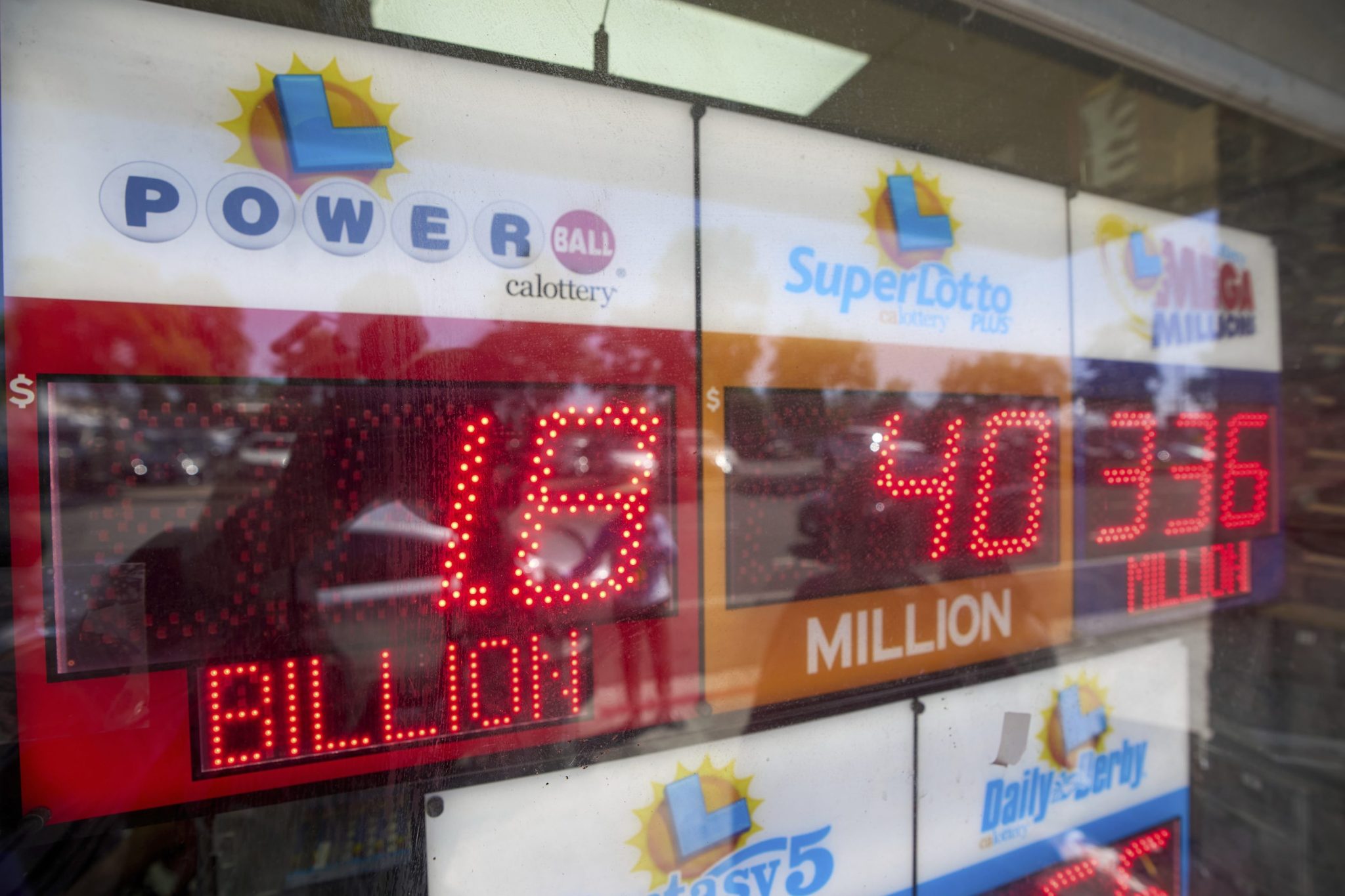




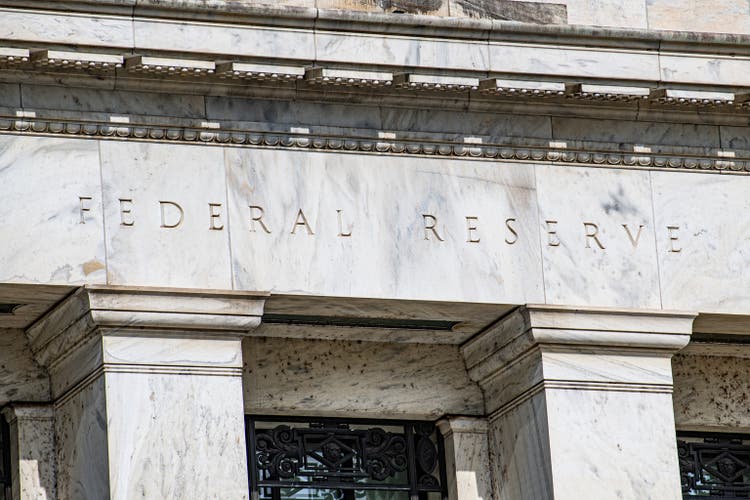


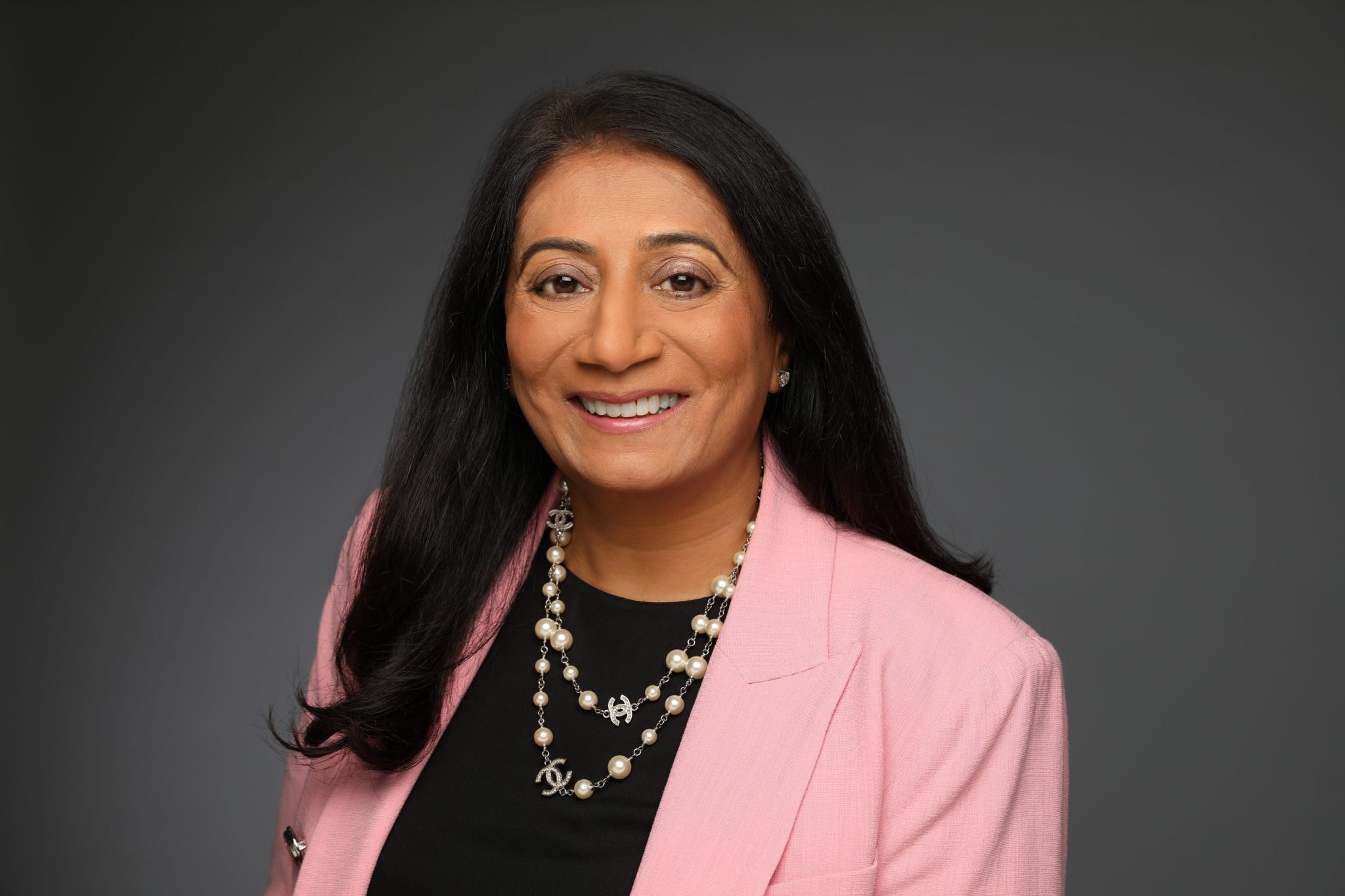








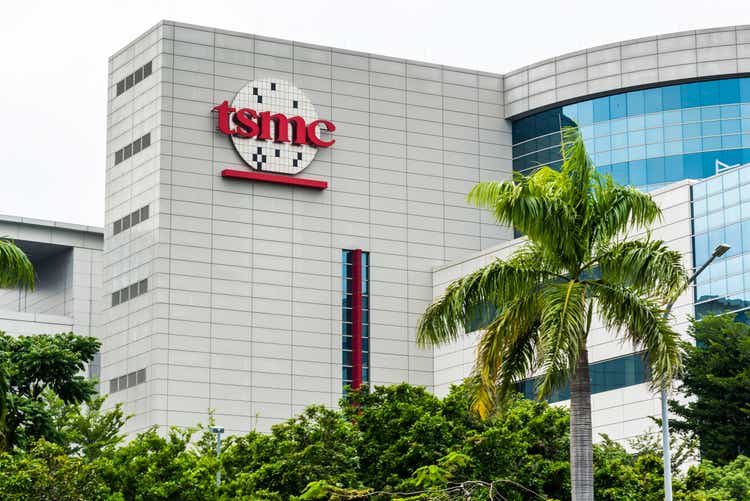


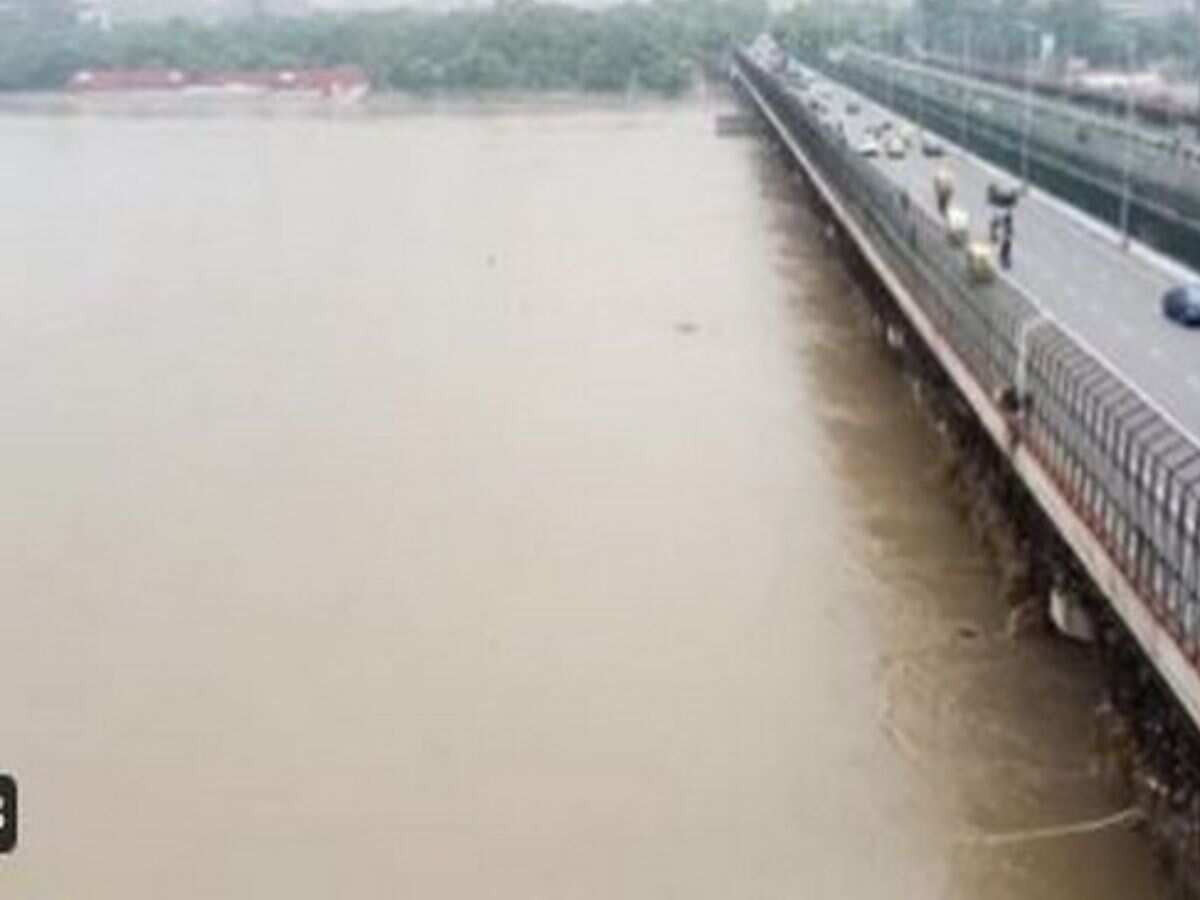

 English (US) ·
English (US) ·